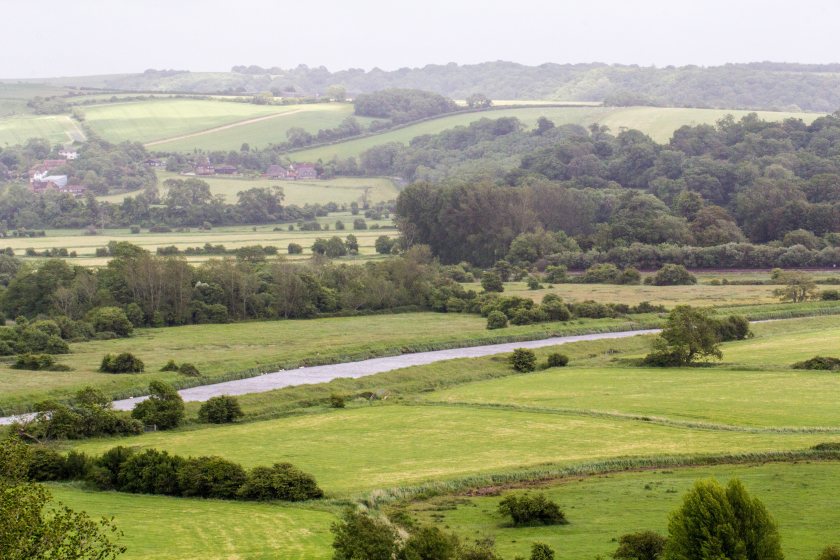Farmers behind 40% of UK pipeline incidents in 2024

UK farmers and contractors have emerged as the biggest threat to buried fuel pipelines in 2024, with agriculture responsible for a staggering 40% of all incidents.
According to the 2024 Linewatch Infringement Report, this marks a 10% rise from the previous year and the sector’s highest rate in over five years.
Over a quarter (26%) of all cases involving work conducted dangerously close to high-pressure fuel pipelines occurred on farmland.
This makes agriculture the top risk to the UK’s buried pipeline network for the eighth consecutive year.
In contrast, local authorities, including highways agencies and water companies, accounted for just 4% of incidents, with the water industry responsible for less than 1%.
More alarmingly, the report found that 55% of infringements happened despite workers being aware of the pipeline’s presence.
Of these, landowners and their contractors were responsible for half, suggesting a growing complacency around the risks.
“Our data shows a concerning trend that contractors and the wider agricultural industry ignore the serious danger that underground pipelines present,” said Murray Peat, manager at Linewatch, the UK’s leading pipeline safety awareness body.
“While land maintenance is vital, work can be carried out safely. We urge everyone to always search for pipelines using LSBUD’s free and centralised system before carrying out any work.”
Fencing work emerged as the second biggest cause of infringements, contributing to 22% of all reported cases.
This trend is particularly troubling due to the increasing use of metal fence posts, which present a greater risk of pipeline puncture compared to wooden alternatives.
In one instance, a routine inspection uncovered a strainer post placed just one metre from a high-pressure pipeline.
The fencing contractor had been aware of the pipeline but failed to obtain the necessary approval or consider the associated risks.
Other agricultural activities contributing to infringements included ditching (6%), tree planting (6%), and drainage works (4.5%), all of which pose serious threats to the UK’s vital fuel pipeline network.
Incident timing also showed clear seasonal peaks—particularly during February to April and August, aligning with periods of increased field activity such as fencing and drainage projects.








